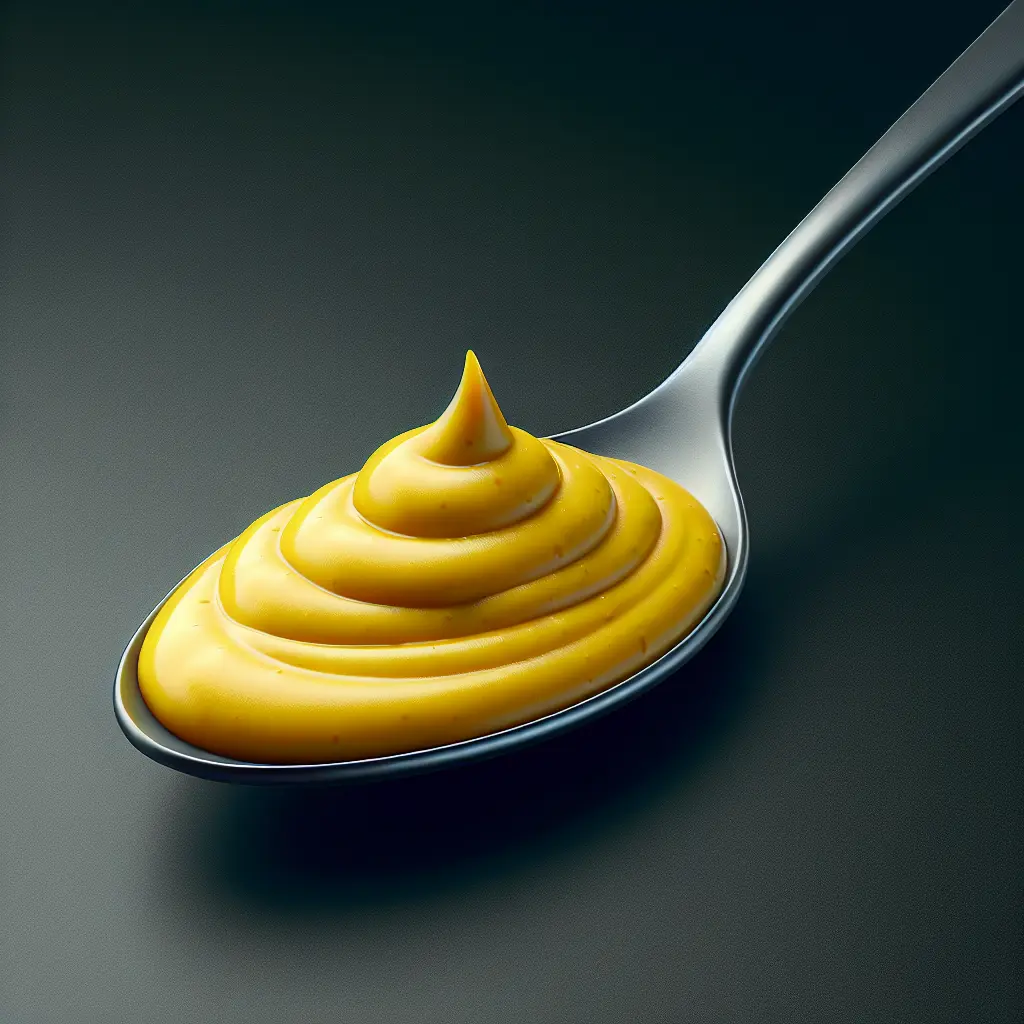Dijon Mustard: A Historical Delicacy
Dijon mustard traces its origins back to the 13th century, finding its home in the heart of Burgundy, France. It was during the reign of Philip VI that the mustard makers of Dijon were granted exclusive rights to produce and sell their mustard, solidifying the city's reputation as the mustard capital of the world. Dijon mustard gained prominence in the 18th century when it became a favorite of the French court, further solidifying its culinary significance.
Dijon mustard is crafted using a traditional method that has been passed down through generations. Brown mustard seeds, known for their robust flavor, are stone-ground and mixed with verjuice, an acidic liquid made from unripe grapes. This unique combination imparts a distinctive piquant flavor that sets Dijon mustard apart from other varieties.
Unveiling the Nutritional Profile of Dijon Mustard
Despite its intense flavor, Dijon mustard is surprisingly low in calories, with just 3.1 calories per teaspoon. It also boasts a modest nutritional profile, providing a small amount of protein (0.2 grams), fat (0.2 grams), and carbohydrates (0.3 grams). Additionally, Dijon mustard contains a notable amount of fiber (0.2 grams), which contributes to satiety and supports digestive health.
Culinary Versatility of Dijon Mustard
Dijon mustard's culinary applications are as diverse as its flavor. Its piquant taste and smooth texture make it an ideal condiment for sandwiches, adding a zesty kick to classic combinations like ham and cheese or turkey and avocado. Dijon mustard also shines in salad dressings, providing a tangy balance to fresh greens and vegetables.
Beyond its traditional uses, Dijon mustard elevates grilled meats to new heights. Brushing a layer of Dijon mustard on chicken, pork, or beef before grilling infuses the meat with a savory depth of flavor. Dijon mustard also forms the base of many marinades, tenderizing meats and imparting a delicious crust.
In addition to its culinary prowess, Dijon mustard has found its way into various non-culinary applications. Its antibacterial properties make it a natural cleaning agent, and its pungent aroma has been used to repel pests.
Conclusion
Dijon mustard, with its rich history, distinct flavor, and culinary versatility, has earned its place as a beloved condiment in kitchens worldwide. Its piquant taste and smooth texture elevate simple dishes to extraordinary culinary experiences. Whether you savor it on a sandwich, in a salad dressing, or as a marinade, Dijon mustard will undoubtedly tantalize your taste buds and leave a lasting impression on your palate.
How many calories are in Dijon?
Each 1 teaspoon of Dijon contains 3.1 calories.
Dijon Nutritional Information
| Nutrient | Amount per 1 teaspoon (5.4g) |
|---|---|
| Calories | 3.1 Calories |
| Protein | 0.2g |
| Fat | 0.2g |
| Saturated Fat | 0g |
| Cholesterol | 0mg |
| Carbohydrates | 0.3g |
| Dietary Fiber | 0.2g |
| Sugar | 0.1g |
| Sodium | 0.135mg |
| Potassium | 0.0079mg |
| Calcium | 0.0033mg |
| Iron | 0.0001mg |
